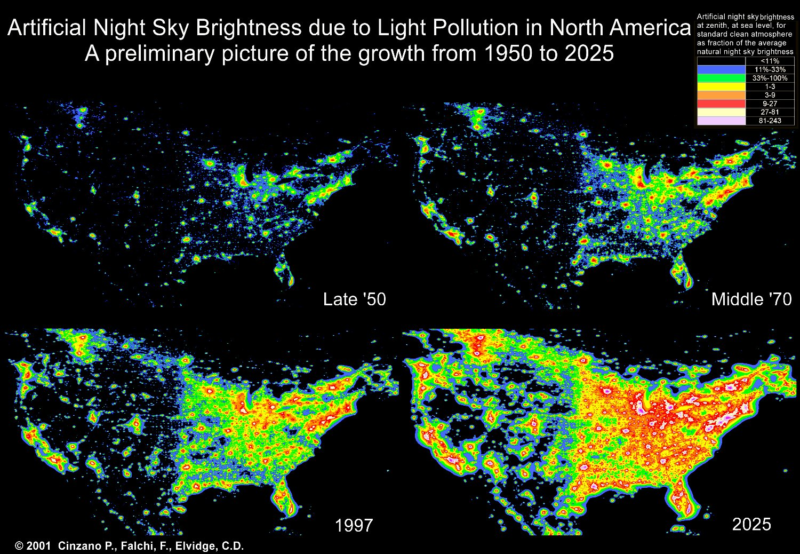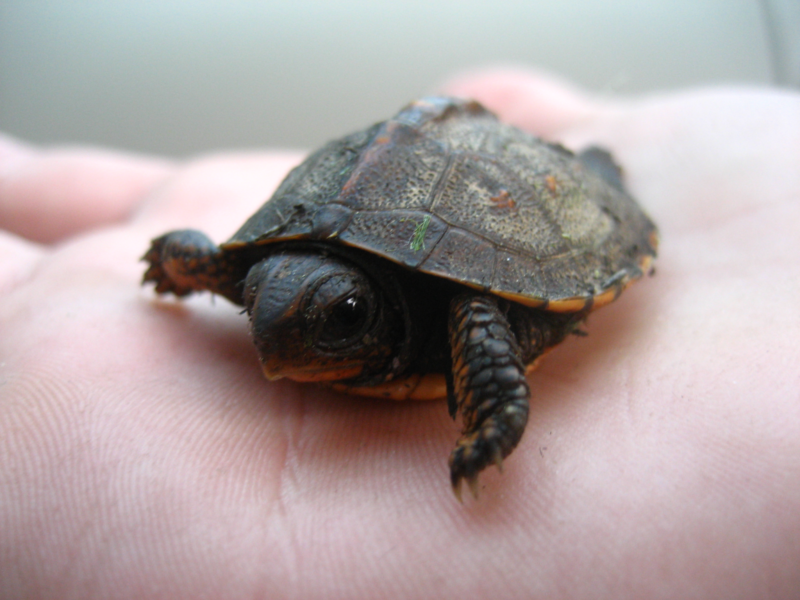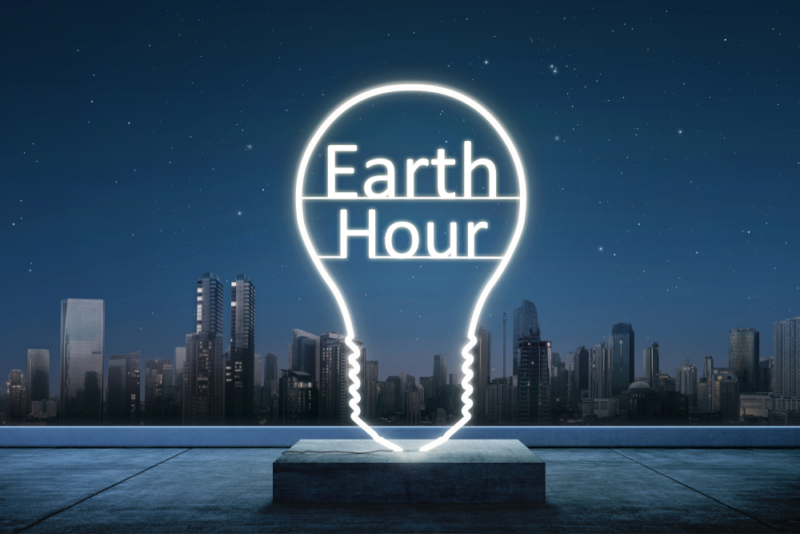What is Light Pollution?
What is Light Pollution?
Written By
Hello, my name is Sonoma R, and today I will teach you about light pollution and how it affects wildlife.
Let’s start by defining light pollution. According to the National Geographic, it is “the excessive use of artificial light.” It is most prevalent in big cities, where there are lots of lights to contribute to pollution. This is why it is difficult to see stars in dense urban areas, but if you go out into the countryside, you might even see the Milky Way.
There are four main types of light pollution. Glare is extra brightness that can cause visual discomfort. You’ve all probably experienced the feeling of glare from a window. Clutter is a bright group of light that confuses the eye, like in Times Square, New York. Light trespass is when, as the name suggests, light filters into an area where it is not wanted. And the type of light pollution that most people think of as “light pollution” is sky glow, which the name accurately describes. When certain lights emit energy, it stays in the air and makes the area unnaturally bright. This is the type of light pollution I will be talking about a lot, as it is very damaging.
Light pollution is widespread. More than 80% of the world lives under sky glow. As for the sky glow in the US, 99% of Americans and Europeans live under the effects of light pollution.
But it’s not only the big cities that are suffering from light pollution. As of 2018, around 22% of coastal towns were being impacted by light pollution every night, which may not seem like a lot, but it is still harmful to the inhabitants of the area. Also, keep in mind that this number has likely grown significantly, since it has been 4 years since this survey and light pollution keeps increasing.
Now that you know how prevalent light pollution is in our world, let’s learn about why it is an issue.

Why is Light Pollution an Issue?
At first glance, light pollution may seem harmless. After all, it’s just extra brightness, right?
Unfortunately, this is not the case. As with many things, the world and everything on it has adapted to life with very little light pollution. Light pollution has always gone up as time goes on, but it was a very slow increase. Recently, humans have been causing a massive spike of sky glow because of technology advances and increased population. The planet and its denizens are slow to adapt to this kind of drastic change.
This has caused many negative effects on the planet and its inhabitants. For starters, let’s look at ourselves. The extra light at nighttime can interfere with a human’s circadian rhythm, which is the internal clock that guides us based on light levels. For example, the production of melatonin, which is a hormone that plays a role in sleep, begins to release when it gets dark. Light pollution, however, can make its production slow due to the extra brightness. Improper melatonin levels can lead to sleep deprivation, and there are even studies linking a lack of melatonin to cancer!
Because all animals have a circadian rhythm, humans aren’t the only ones being impacted. Sometimes, the sky glow affects their migration patterns and sleeping cycle. In Germany, scientists discovered that traffic noise and artificial night lights in cities caused the resident blackbirds to wake up far earlier than is usual for them, up to 5 hours before the blackbirds in the countryside!
It’s not just the circadian rhythm that light pollution has been messing with in the animal world. Sky glow can confuse freshly-hatched baby turtles that come out of their shells at nighttime and use the moon as their guide to the ocean. Sadly, all the extra light may cause them to lose their way, and they often perish from predators or other dangers.
Even life under the ocean can be affected by light pollution as well. In one study, brightly lit panels were submerged around the coast of Wales to see how the ecosystem would respond. Far fewer animals decided to make their homes near the lit panels, which means that sky glow and lights from passing boats could actually be altering entire marine ecosystems.
So despite light pollution being only excess light, it is actually very harmful because the Earth cannot handle the amount we are putting out.

What Are Humans Doing About It?
Of course, humans are trying to do something to reduce light pollution. It’s a simple and yet difficult solution- conserve light use. If humans work together, things like drawing blinds to keep light in the house and switching to warm-colored LEDS to conserve energy and reduce blue light emissions could drastically reduce light pollution.
One such example of humans working together to do this is Earth Hour, when people in over 190 countries turn off all their lights at 8:30pm on the last Saturday of March, which is March 26th this year. Please take part, and share it with at least one friend!
Sadly, one hour a year is not enough to halt light pollution in its steps. Turning off lights on a truly impactful scale would be very difficult because of the lack of knowledge about why conserving light matters, and because some people may not care either way. One way to increase awareness about sky glow is to contribute to citizen science, which is the collection and analysis of data done by the general public. There’s still a lot to learn about how light pollution can change Earth, so scientists need to better understand its magnitude. Since they clearly can’t measure the sky glow in every place in the world, citizen science is very important.
The list of things you can do to combat light pollution may be small, but it could make a large difference in the long run. There is no way we can stop light pollution completely, but if we can reduce it, the planet should fix itself in time.
















Thank you for sharing a very interesting and informative article! I live near an elementary school where the parking lot lights have recently been replaced with brighter LED lights, and boy, are they bright! It’s been disappointing for someone who enjoys observing the night sky.